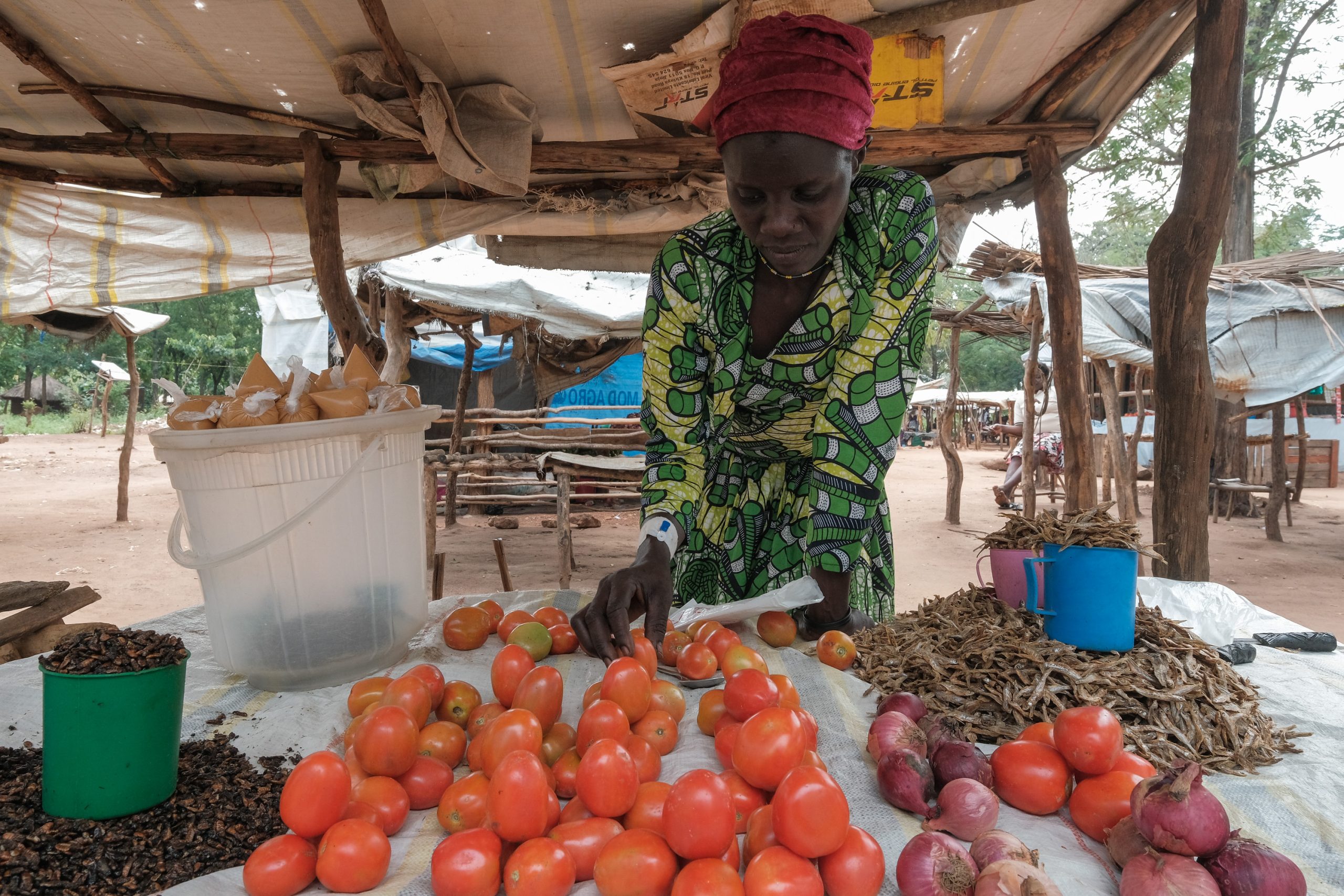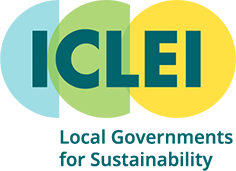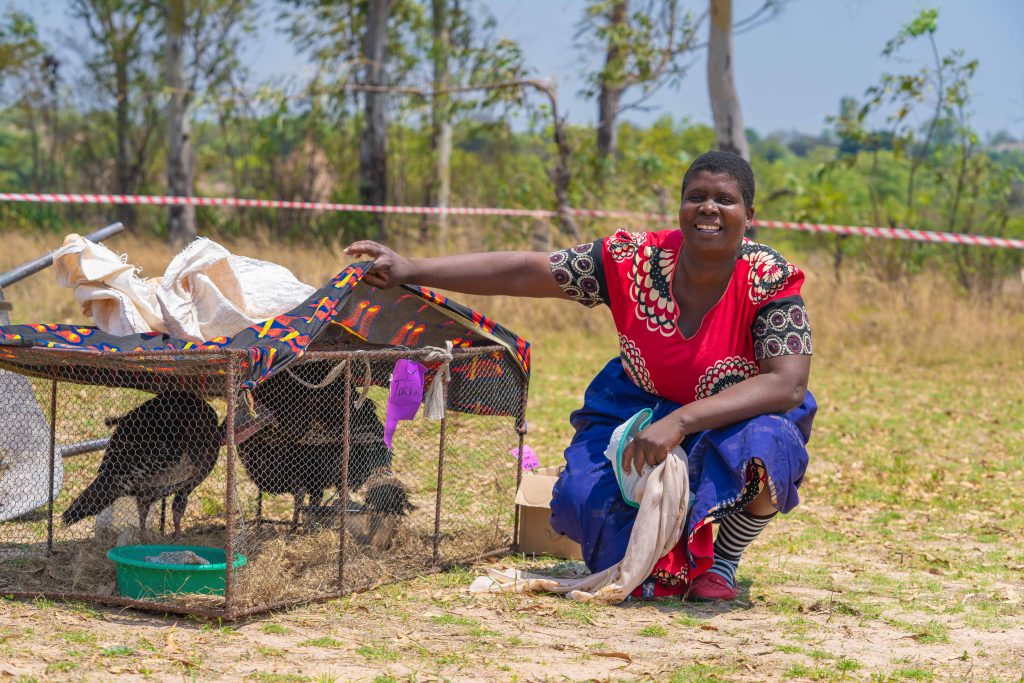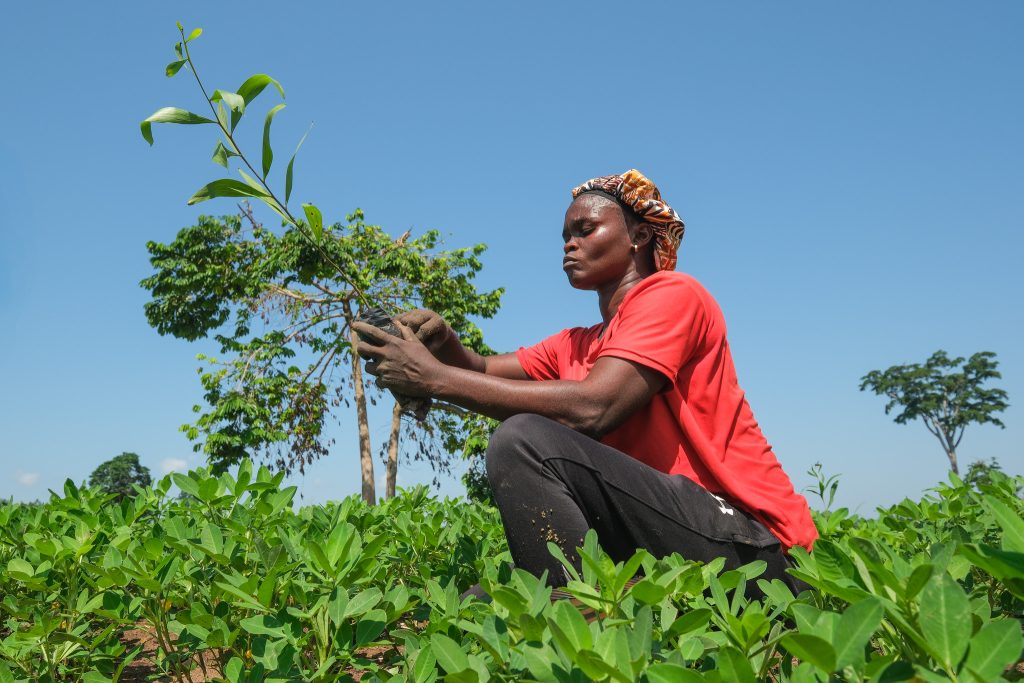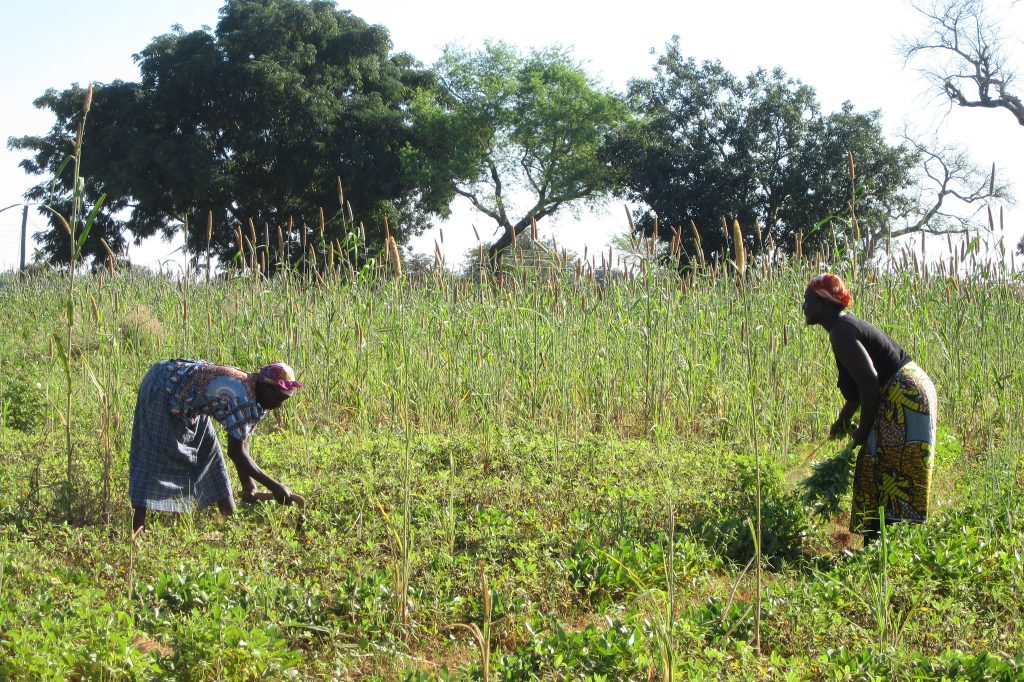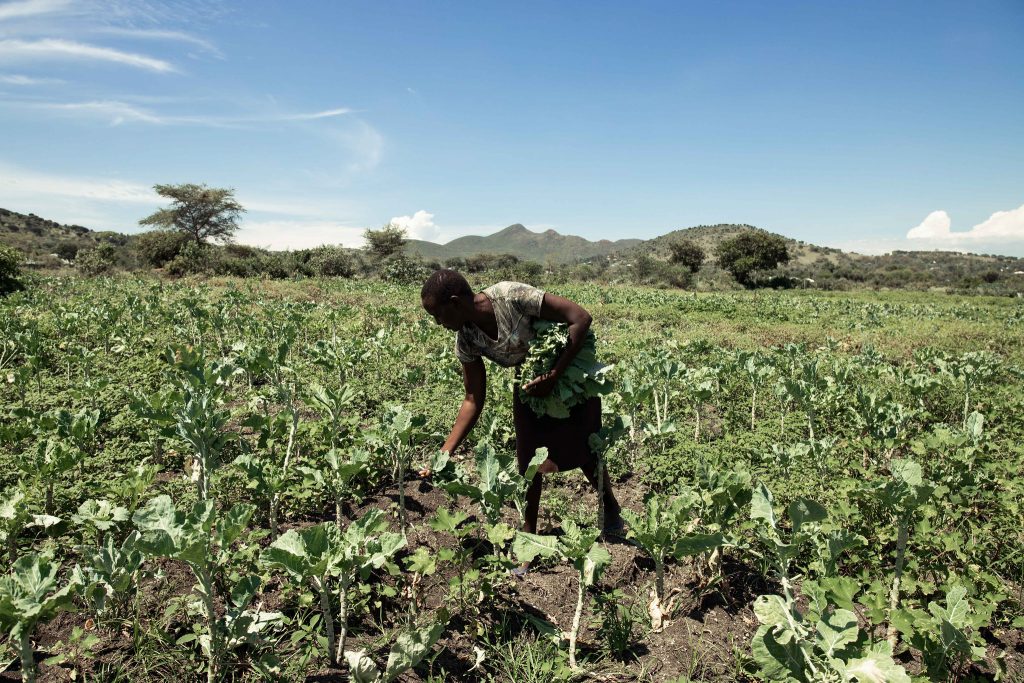Introduction
Procurement governance and related policy tools for Home-Grown School Feeding Programmes (HGSFP) are crucial for supporting local food systems. However, there is limited research on how school food procurement contributes to strengthening communities, promoting environmental sustainability, and enhancing food and nutrition security, particularly within urban African contexts such as Arusha (Tanzania), Mbale (Uganda), and Kitwe (Zambia). In these cities, food procurement is typically handled by school food committees, which either purchase directly from markets or maintain informal vendor contracts. These systems often lack oversight regarding nutritional standards and structured monitoring and budgetary support to supplement the parent contribution model, and suffer from minimal coordination at the city level. Without stronger enforcement of national guidelines, reliable public financing, and effective local governance mechanisms, inclusivity, quality, and long-term sustainability of school feeding initiatives remain at risk.
In response to the growing challenges of urban hunger, malnutrition, food waste, and the broader ecological crisis—including climate change and land-use degradation—there is an urgent need to rethink how school feeding programs are designed and delivered in African cities. HGSFPs offer a promising pathway to address these issues. However, the effectiveness and sustainability of these programs depend heavily on local governance structures, which remain under-examined in research and policy. The SchoolFood4Cities initiative was developed to fill this gap by exploring the role of local governments in enabling and scaling effective HGSFPs. Through deep engagement in the project implementation cities, the project seeks to generate practical and context-sensitive insights that can inform more inclusive, resilient, and sustainable urban food systems across the continent.
Project scope and aim
The project aims to strengthen local governance, improve livelihoods, build community resilience, and promote ecological sustainability in Tanzania, Uganda, and Zambia by advancing healthy, nutritious, and sustainable school food environments. Through participatory, gender-responsive action research, the project investigates the roles and challenges of local governments in shaping school feeding programs and generates scalable insights for policy at national and regional levels. It achieves this by:
- Analyzing the capacities of local governments to design, implement, and scale inclusive, sustainable, and gender-responsive school food programs;
- Piloting innovative approaches in the three project cities to generate robust empirical evidence that informs policy and replication strategies; and
- Building awareness and capacity among local authorities and stakeholders to adopt evidence-based procurement mechanisms that ensure consistent, safe food supply chains. These mechanisms aim to boost farmer
Modality
The SchoolFood4Cities project adopts a multi-faceted approach, employing participatory, gender-responsive action research to co-develop needs and solutions with communities and local governments. It includes tailored advocacy and capacity-building initiatives that respond to each city’s context-specific needs. The city–city exchanges facilitate cross-learning and the sharing of best practices. The pilot interventions in the selected cities test innovative approaches and generate empirical evidence to guide the development of scalable models for national and regional levels. This integrated approach ensures context-specific, inclusive, and sustainable outcomes for improved school food environments and a more resilient urban food system across Africa.
Timeframe
November 2024–October 2027
Key members/partners
Relevant resources
https://africa.iclei.org/project/empowering-communities-through-school-food/
Locations
- Arusha – Tanzania
- Mbale – Uganda
- Kitwe – Zambia
Contacts
- Fru Wanka, General project coordinator, (ICELI Africa): fru.wanka@iclei.org
- Wilber Kakaire, project coordinator (Mbale, Uganda): wilber.kakaire@rikolto.org
- Hildagard Okoth, project coordinator (Arusha, Tanzania): hilda.okoth@rikolto.org
- Garikai Membele: project coordinator (Kitwe, Zambia): garikaimembele@gmail.com
Alignment value
The SchoolFood4Cities project offers a strategic and innovative contribution to the Agroecology TPP by operationalizing agroecological principles within HGSFPs and exploring practical ways to embed agroecology into school food systems. The valuable insights and evidence generated will enrich the TPP’s knowledge base and support broader efforts to transform food systems through inclusive, locally driven approaches.
The Agroecology TPP will add value to the SchoolFood4Cities project by providing a platform for collaborative learning and exchange with other agroecology initiatives, helping to strengthen the integration of agroecological principles into the project. Access to diverse expertise, shared experiences, and policy dialogues through the aeTPP will enhance the project’s impact, scalability, and visibility, while contributing to the broader evidence base for food systems transformation.

